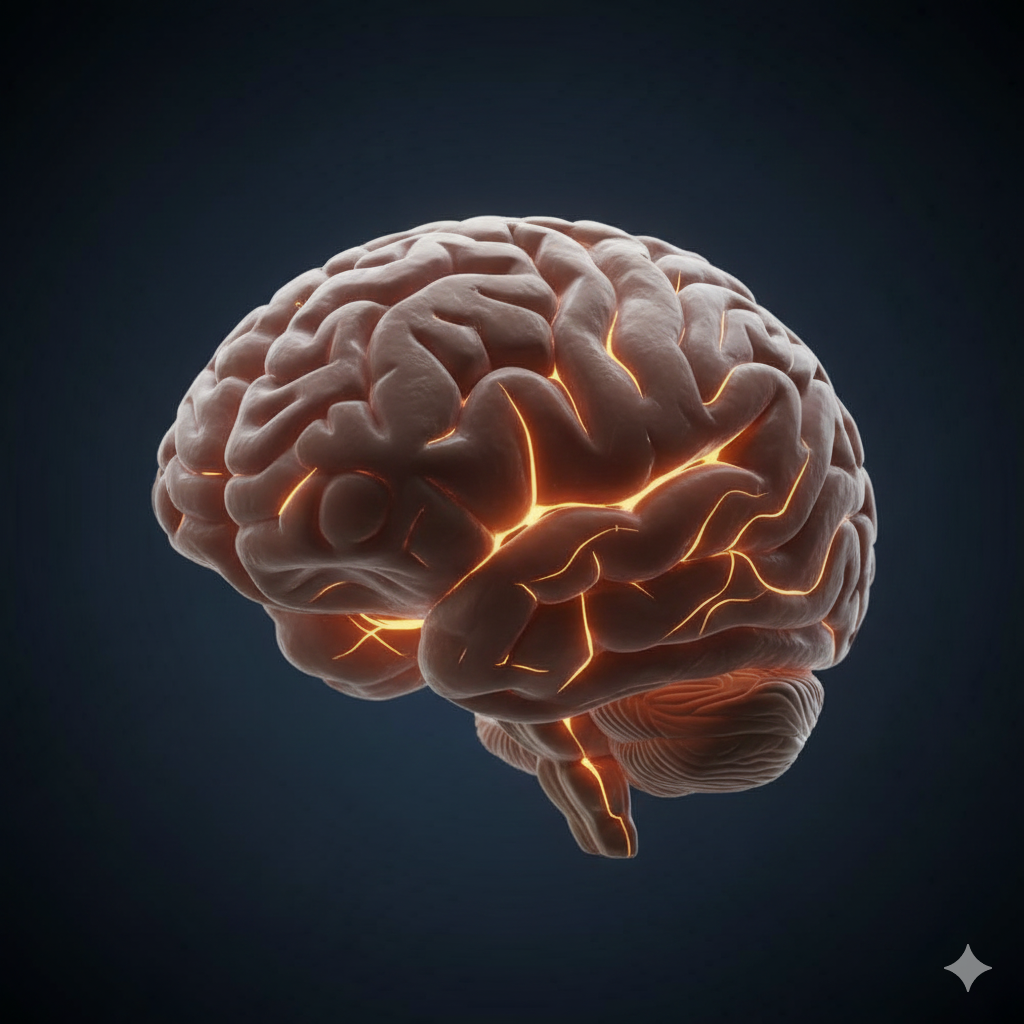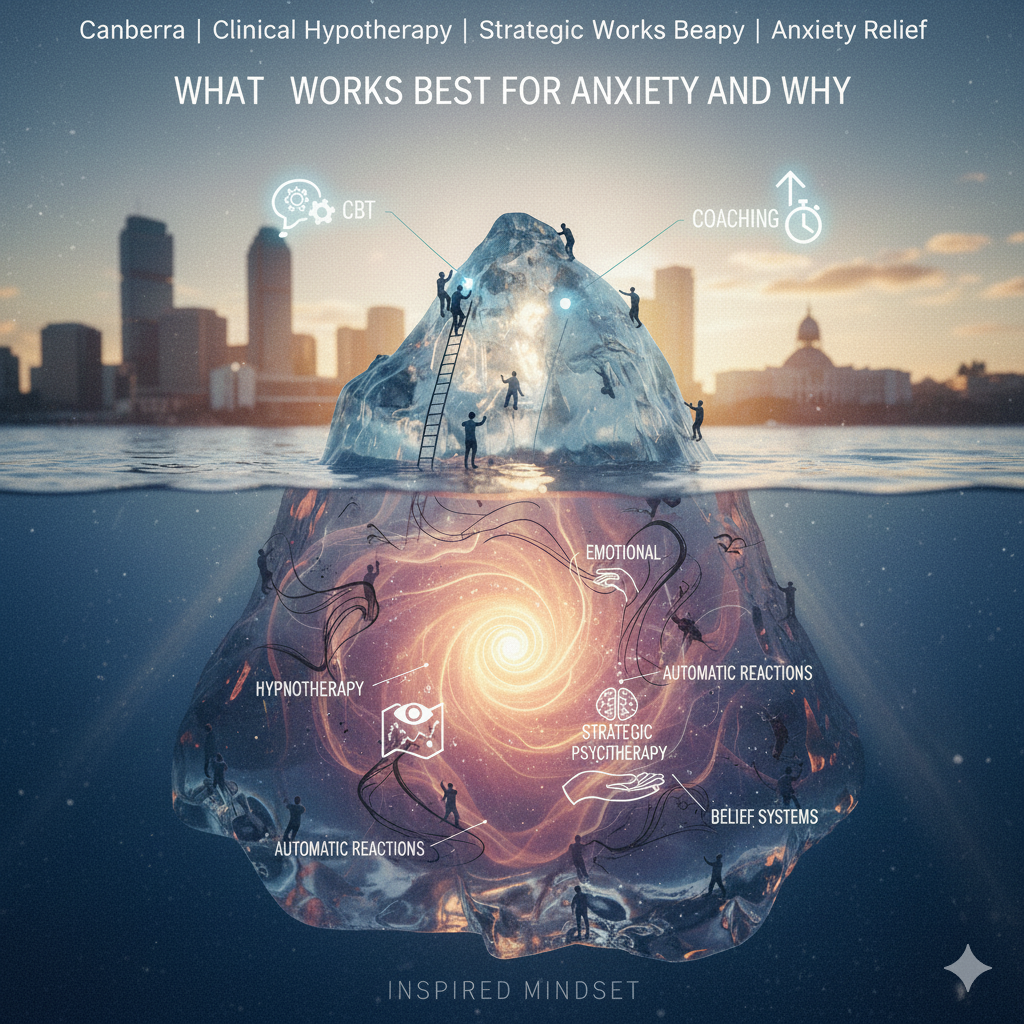Is Addiction Affecting Your Relationships?
Do you struggle with a constant urge to turn to drugs or alcohol, no matter the negative impact on your life and relationships? Substance addiction is a severe and long-term condition that can mess with your brain function and self-control, leading to consequences such as broken families, lost jobs, and legal troubles.
Are you or a loved one struggling with drug or alcohol addiction? Inspired Mindset, based in Canberra, offers expert hypnotherapy and psychotherapy to help overcome these harmful dependencies. Discover how substance addiction can impact your relationships and find practical advice for rebuilding a healthy life together.
Substance addiction
From heroin and cocaine to alcohol and prescription drugs, substances cover a wide range. Although individuals may use and abuse these substances, it doesn't necessarily entail addiction. When a habit becomes an obligation, this is an addiction.
There are typically five stages of addiction, which progress from first-time use, regular and risky use, to ultimately ending in dependence and addiction. Substance addiction is unique from behavioural addictions, like porn and gambling, since it involves physical and mental reliance on drugs or alcohol.
Discover the devastating impact of addiction on relationships.
Seeking help from a psychotherapist or clinical hypnotherapist can make all the difference. If your partner's heavy drinking or drug use is causing more arguments and resentment, it's time to take action. In some cases, substance abusers may even turn violent and lash out. And if both parties have a substance addiction, they may only enjoy each other's company while under the influence.
Excessive drinking or drug use can seriously impact physical attraction and intimacy in a relationship. It undermines trust and respect, creating a rift between partners and making it challenging to rekindle love. Unfortunately, being under the influence can also make someone more susceptible to unwanted advances.
How addiction affects the whole family
Addiction isn't just an individual struggle but a family affair. It's challenging whether you're a parent, child, or sibling. Substance use can cause more than just physical harm - it can lead to feelings of abandonment, financial strain, legal troubles, and emotional distress. It can even escalate into violent situations. Studies indicate that growing up in an abusive household puts kids at a higher risk of developing substance use disorders.
Substance abuse is a problem that can plague families for generations. It's not uncommon for family members to enable each other - like a father and son who bond over beers and football. It can make it difficult for someone who wants to break the cycle and quit abusing substances. It can feel like changing the family dynamic.
How addictions affect friendships
Dealing with a friend's substance addiction can be incredibly tough - it can take a toll on your friendship. You might notice that they start to neglect your relationship's core values - like honesty, trust, and support. This could make you feel like you don't want to spend time with them anymore or feel embarrassed by their actions. Your friend might also start experiencing sudden mood swings, lose interest in things they used to love and neglect their obligations, like school and work. It's a difficult situation to navigate.
How addictions affect your colleagues
Is a coworker's behaviour at work making you suspicious of their substance abuse? Look out for silly errors, missed workdays, accidents, and irresponsibility. Physical signs of alcoholism or drug abuse, such as glassy eyes, dilated pupils or slurring words, cannot be ignored. If this person operates machinery or drives for a living, you must speak up before they put themselves and others in danger.
Working with colleagues who exhibit problematic behaviour can be challenging and put a strain on your relationship. It may seem tempting to cover up their mistakes or always be making excuses for their actions, but this won't solve the issue. If you feel uncomfortable addressing the situation directly, consider speaking to a manager or someone else at work to get the support and guidance you need. Make sure to address these issues - seek help and ensure a positive and productive work environment.
Conclusion
Addictions can be difficult to overcome, but hypnotherapy and psychotherapy can be powerful in making positive changes. Successful recovery requires determination and commitment. Hypnosis can help manage cravings, reduce negative thinking patterns, build self-confidence, increase motivation and enhance your ability to stay focused on healing. It is important to remember that you are not alone in your journey towards recovery. Craig at Inspired Mindset Hypnotherapy Canberra can provide you with the knowledge and expertise you need for successful long-term change. If conquering an addiction is something you are looking to do, then contact Inspired Mindset Hypnotherapy Canberra today for successful addiction recovery. Online Zoom sessions are also available.


















